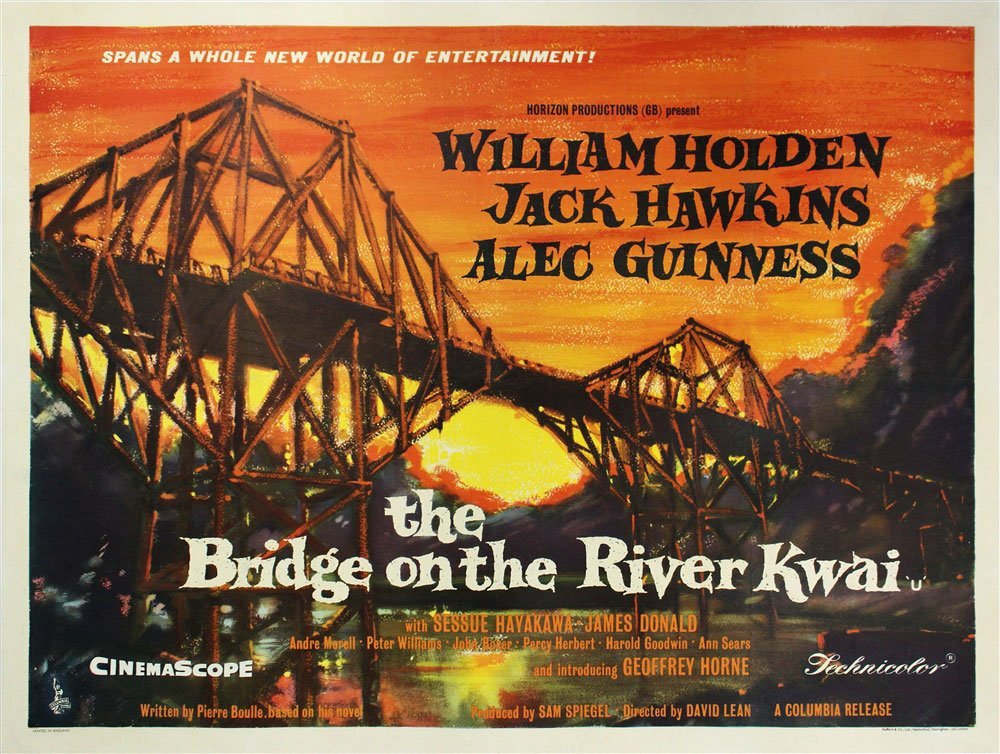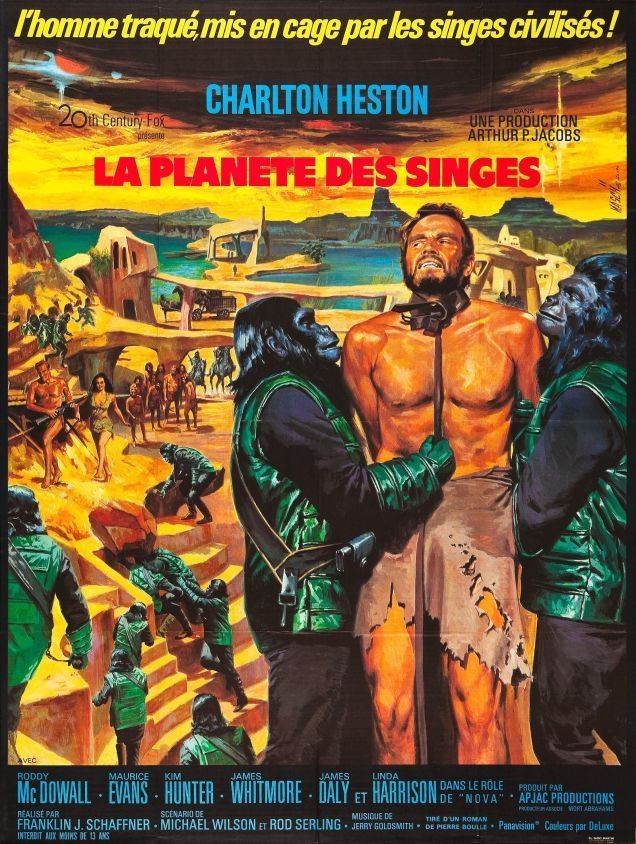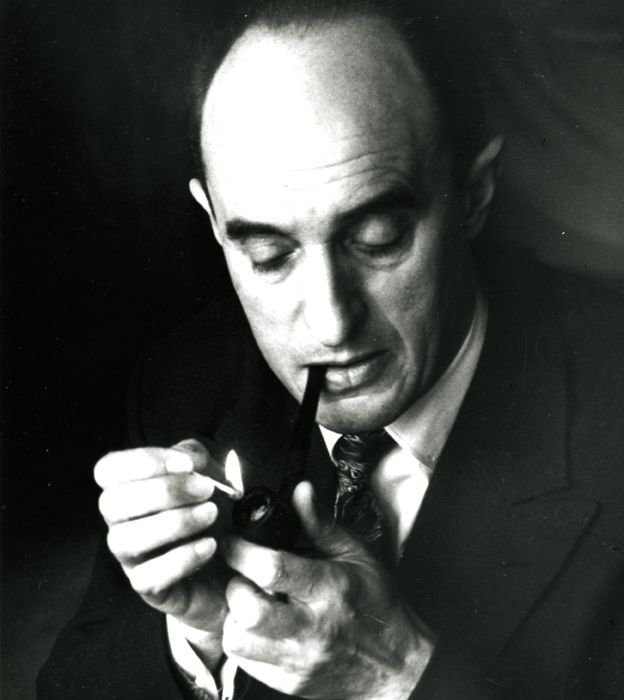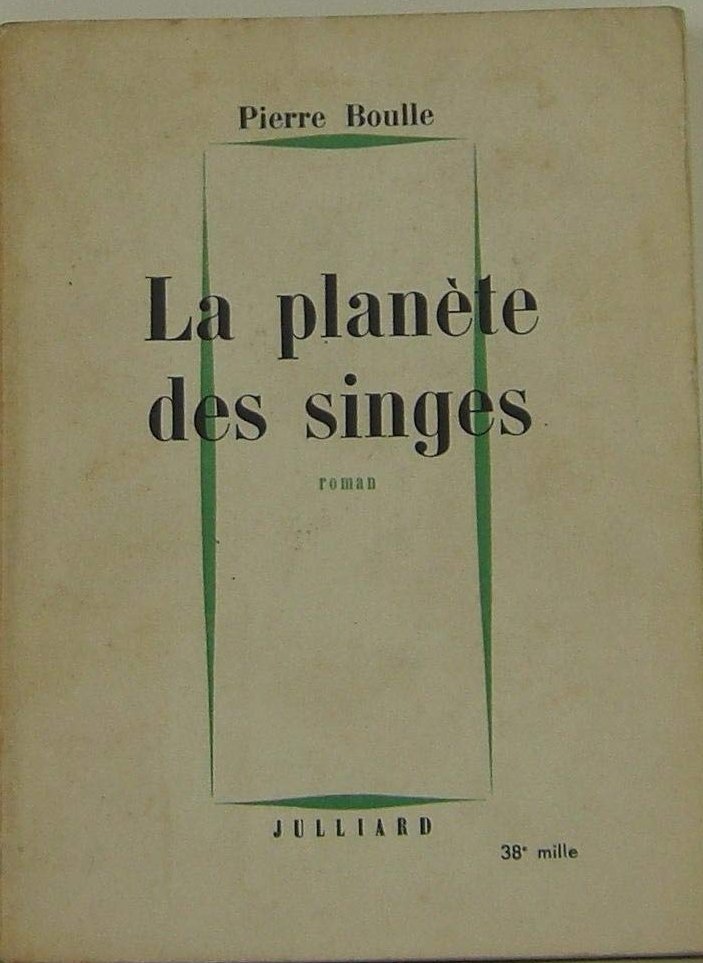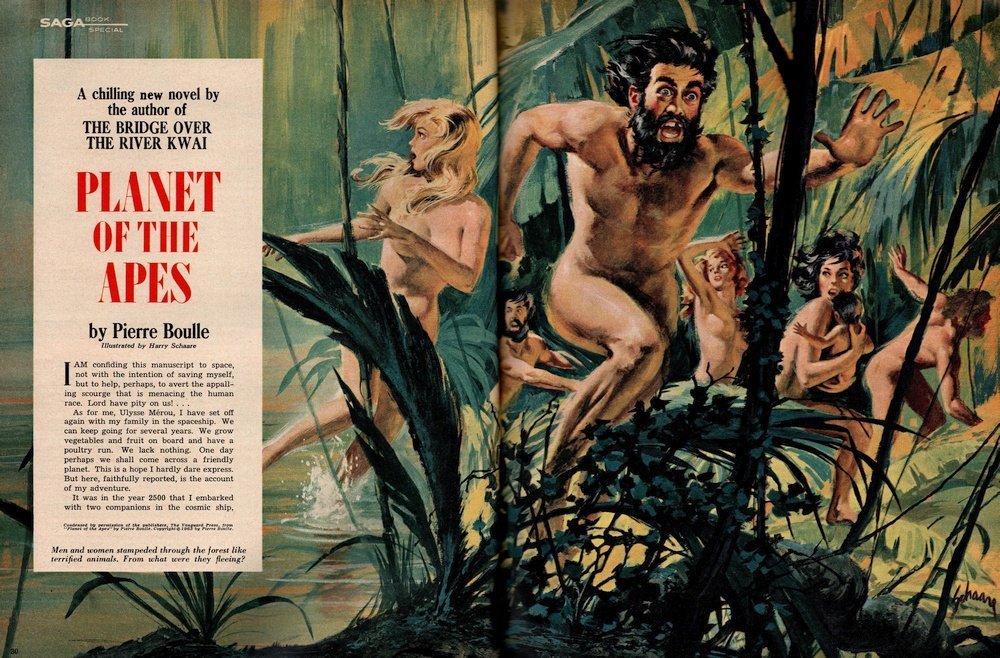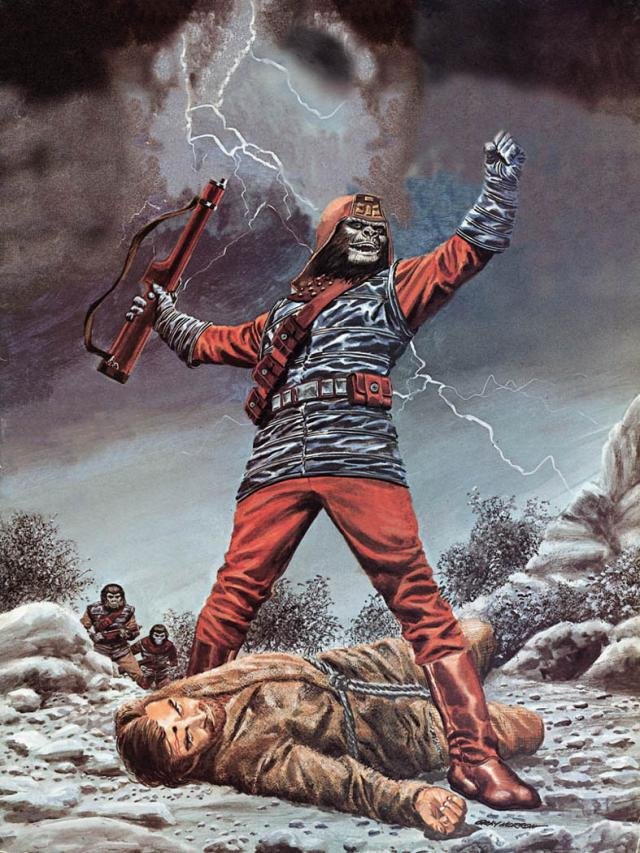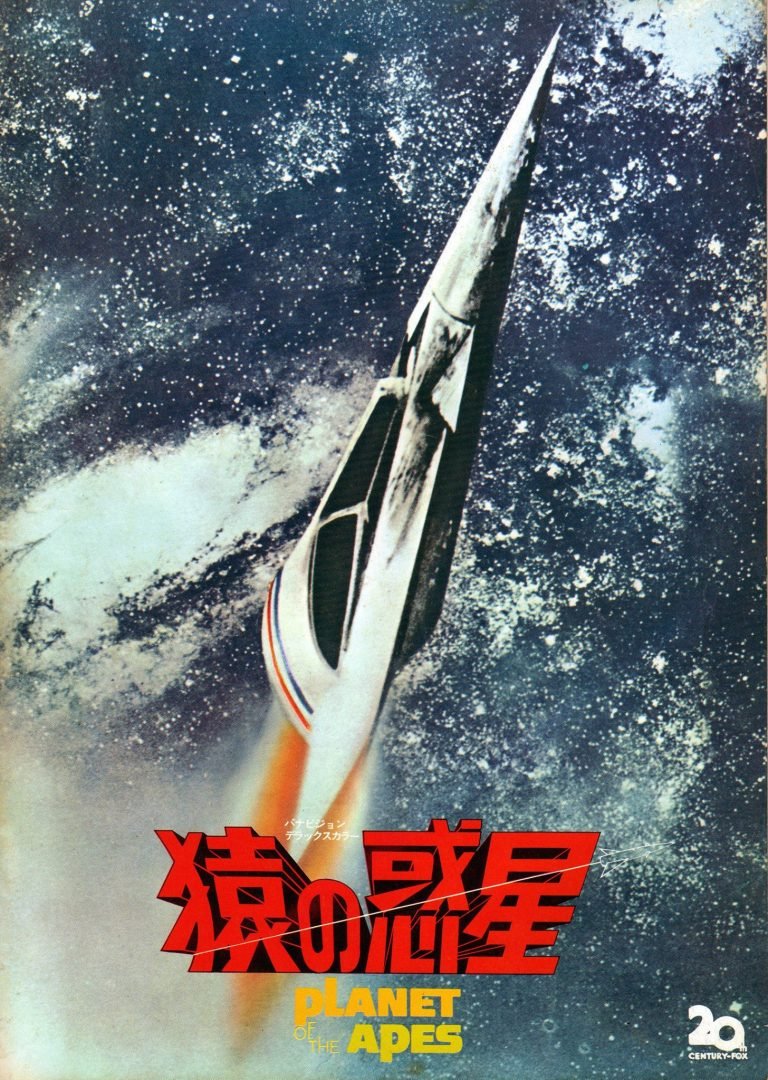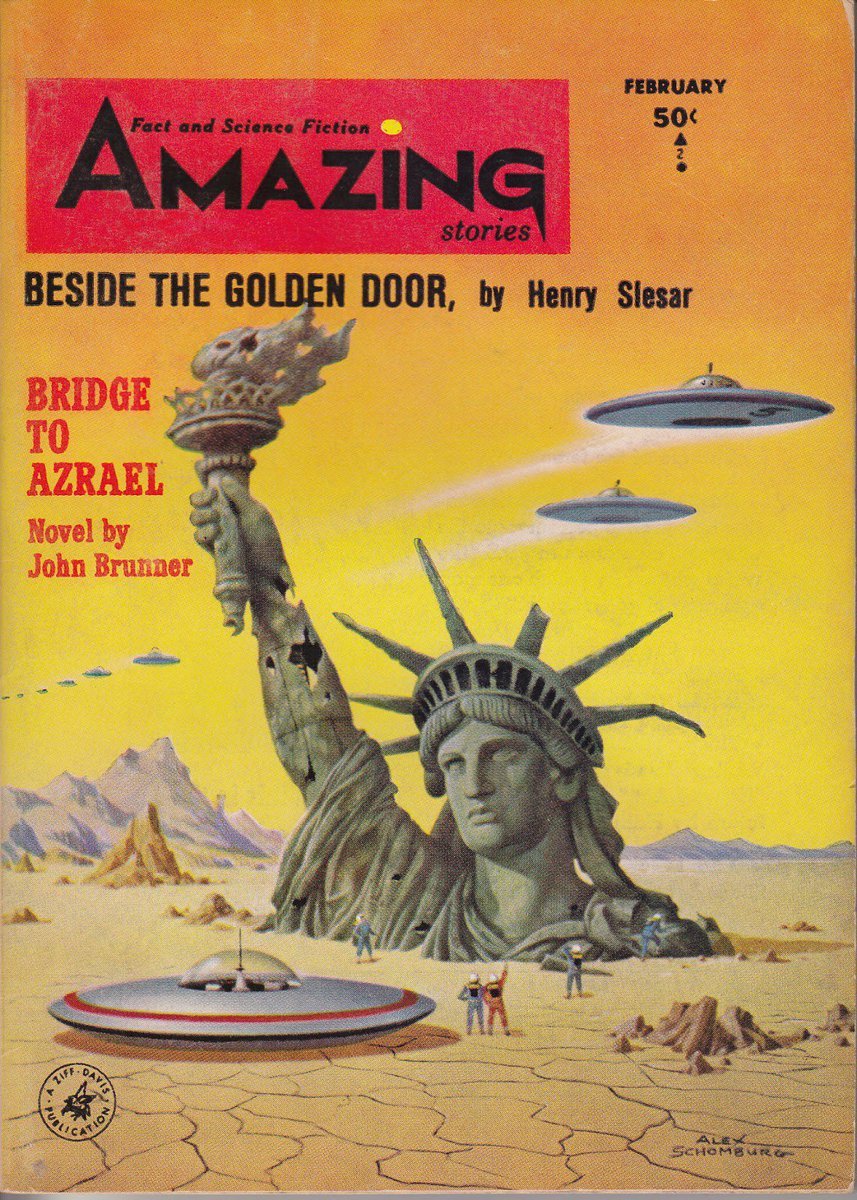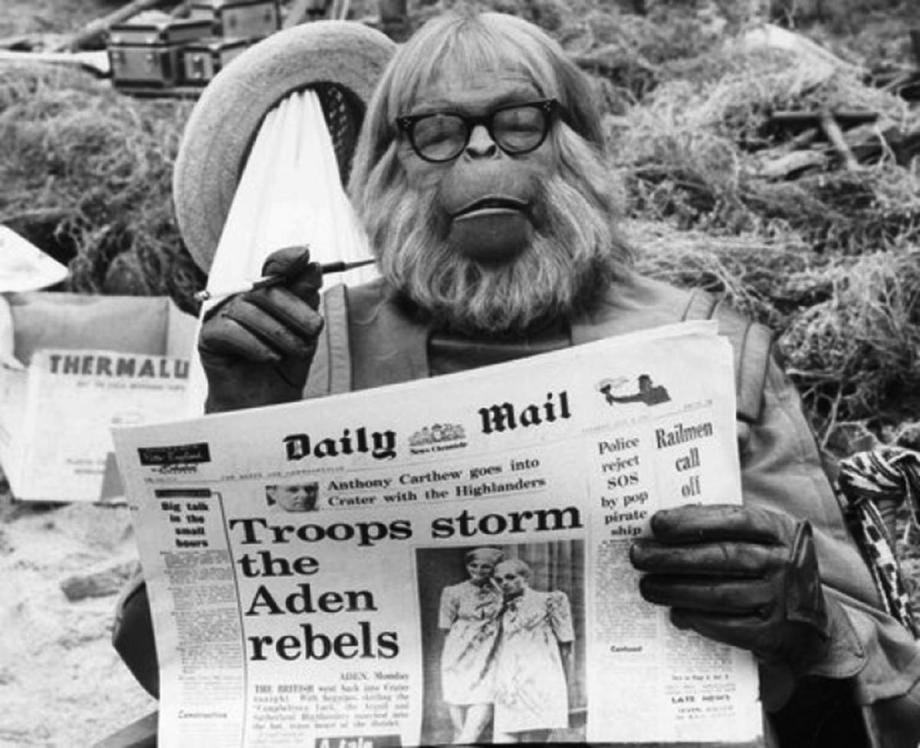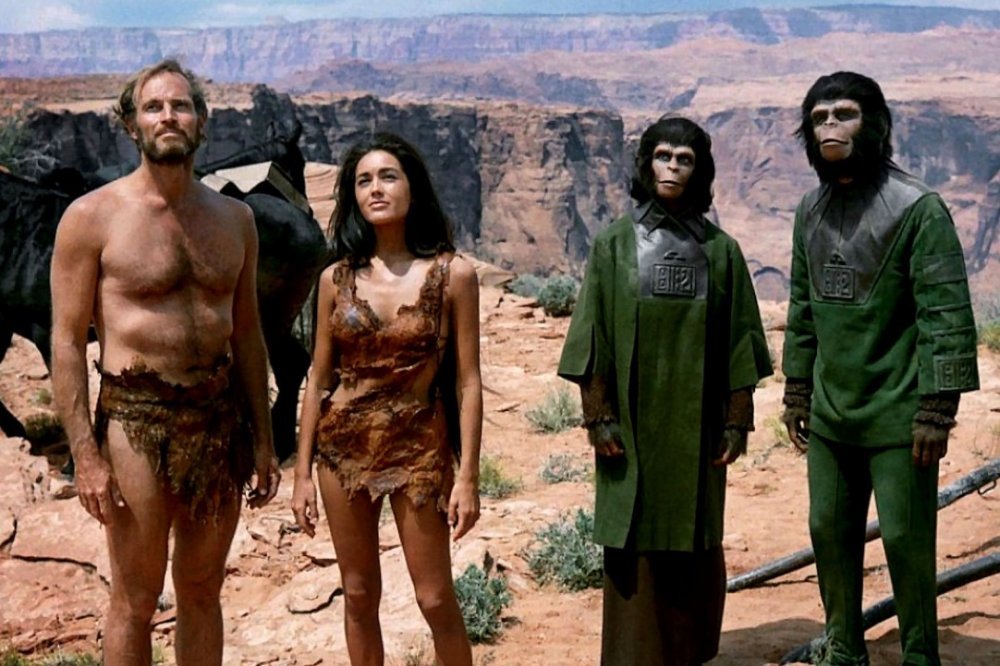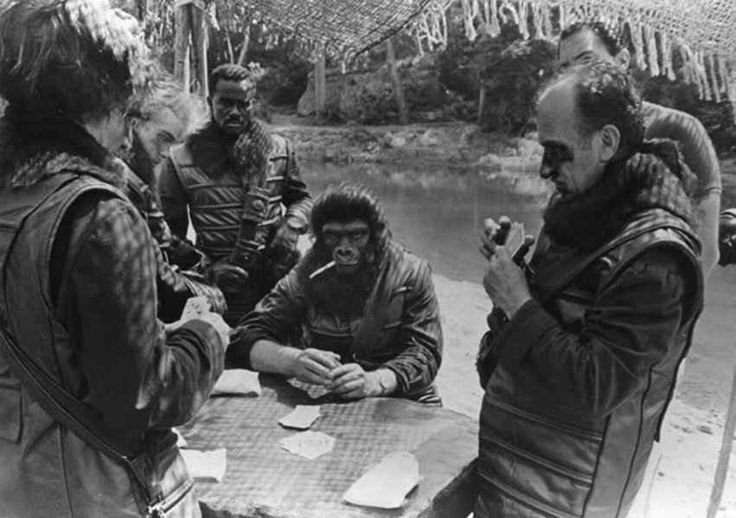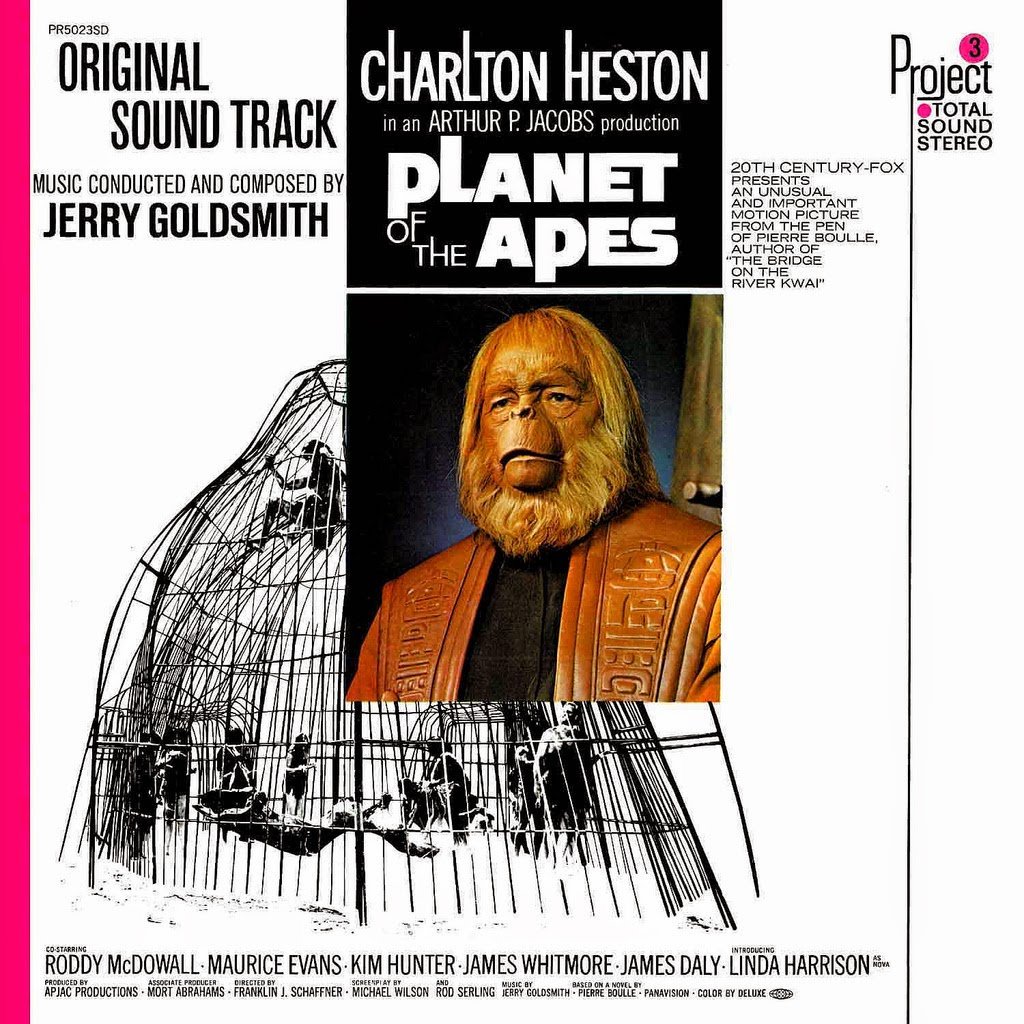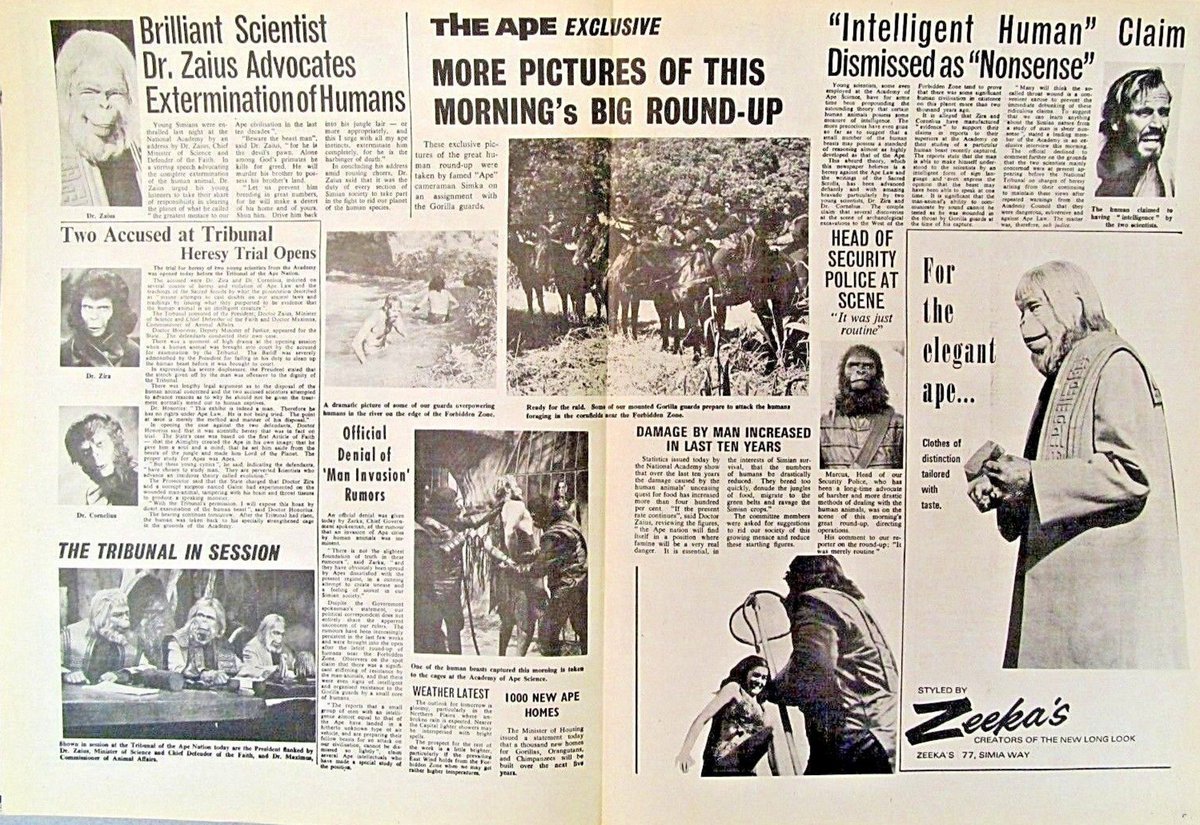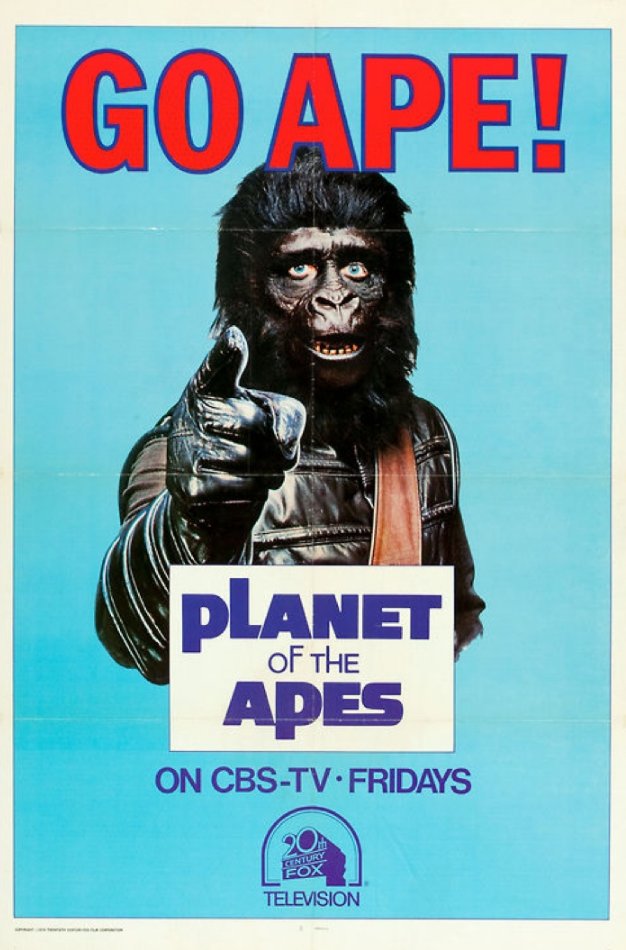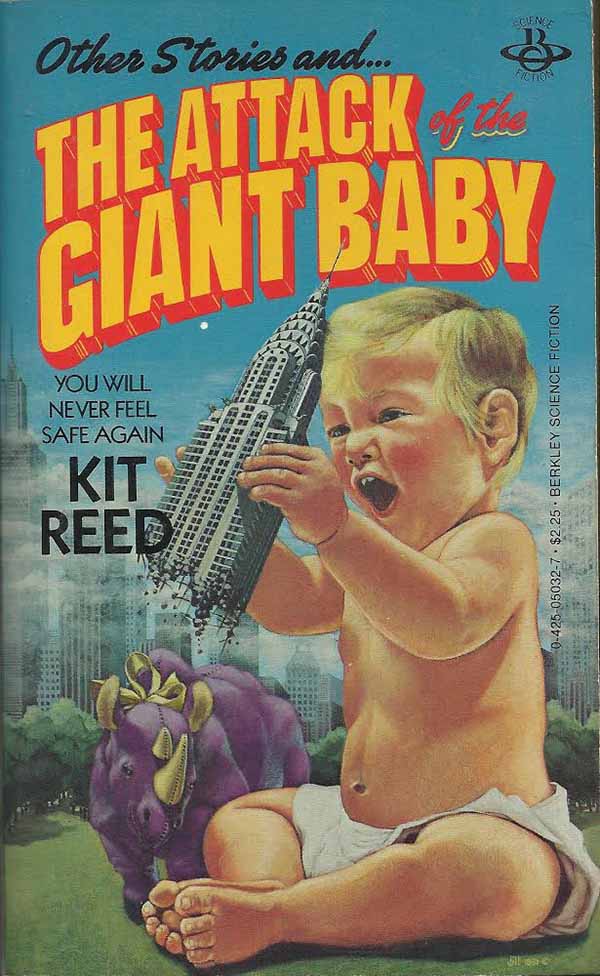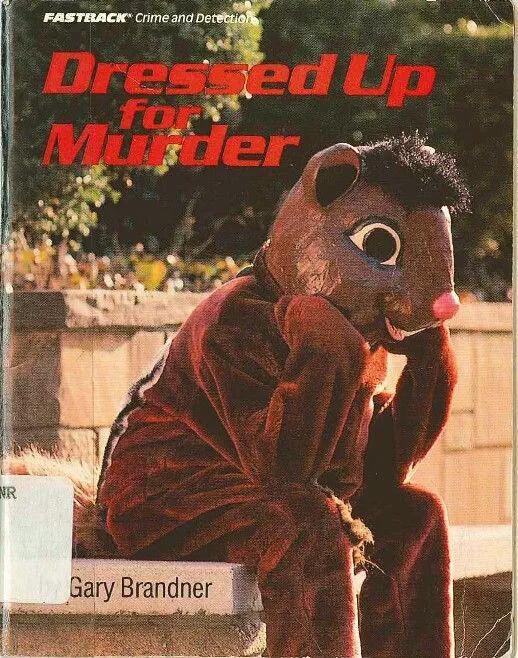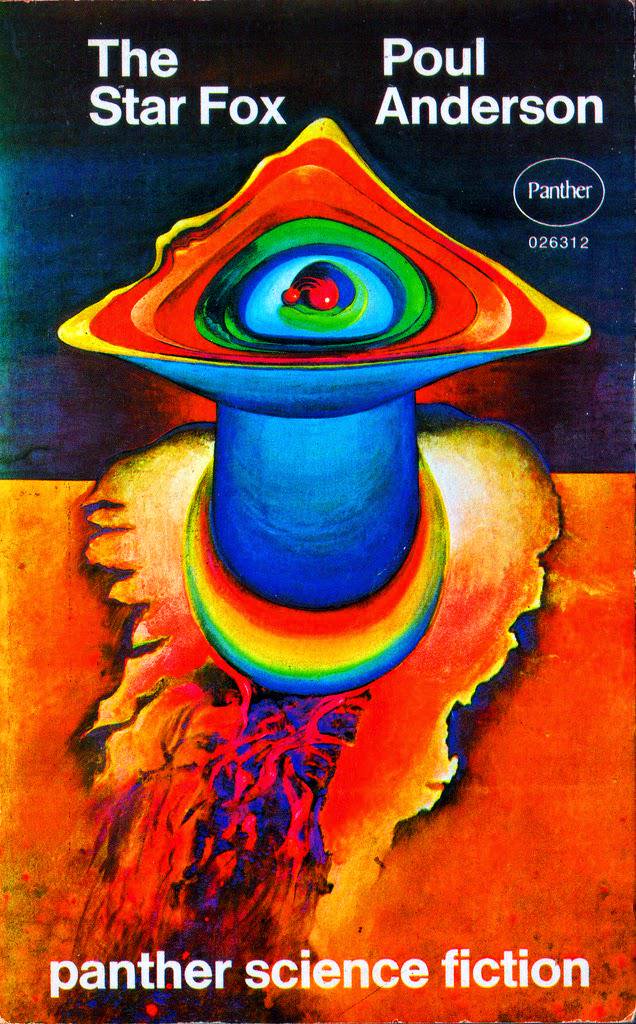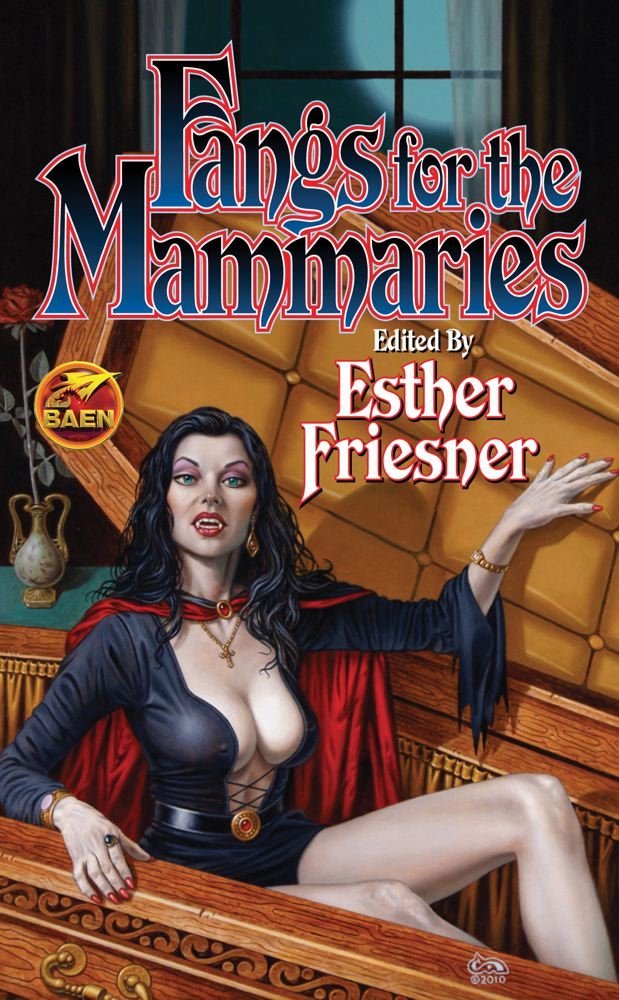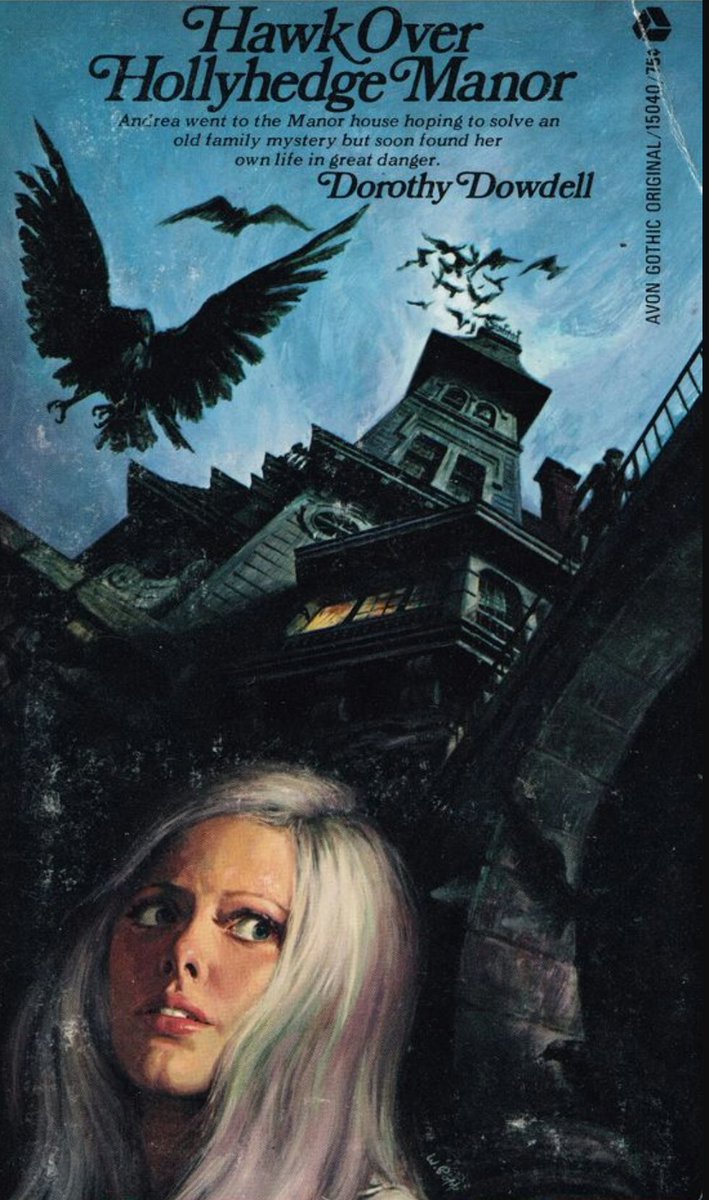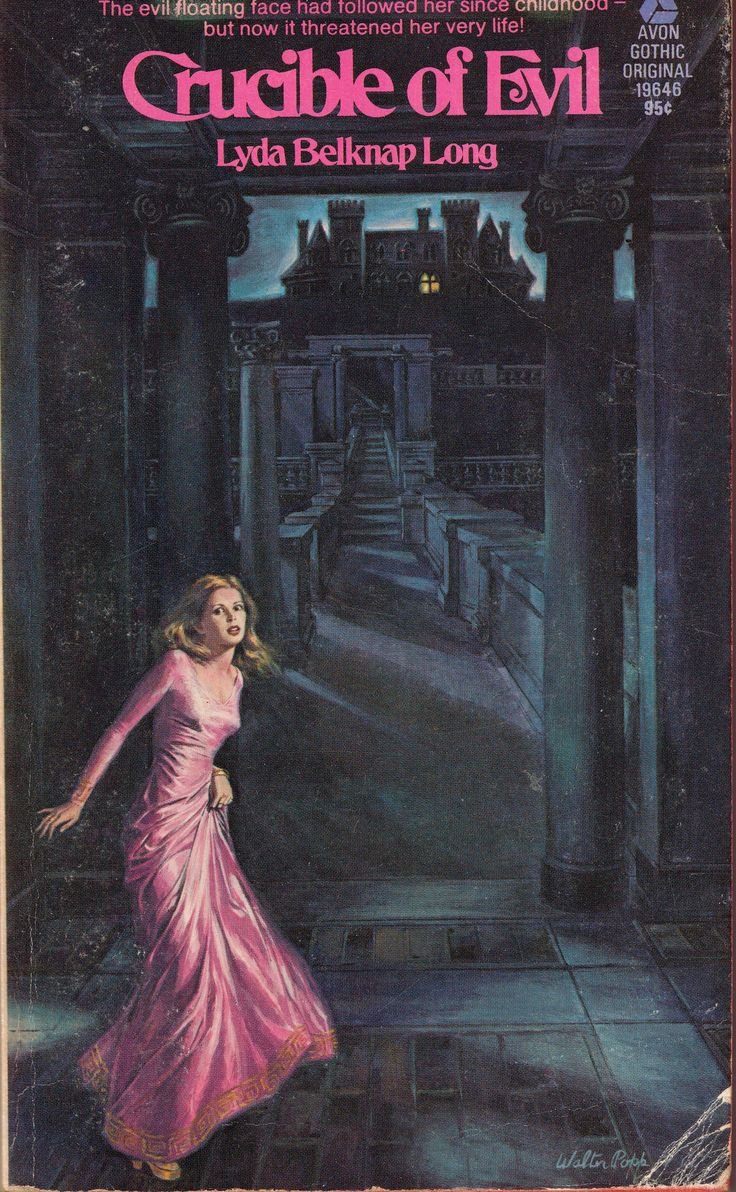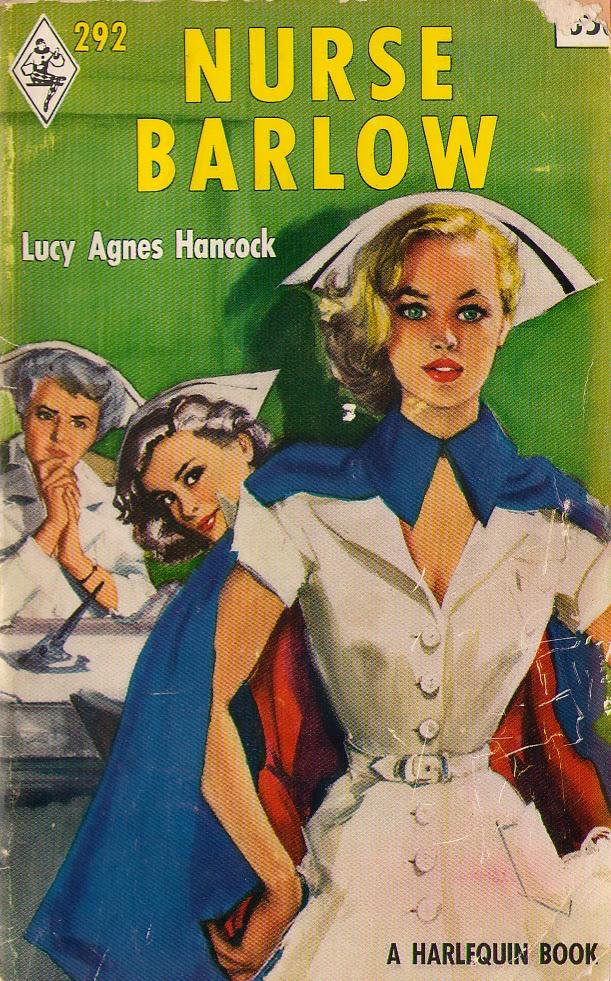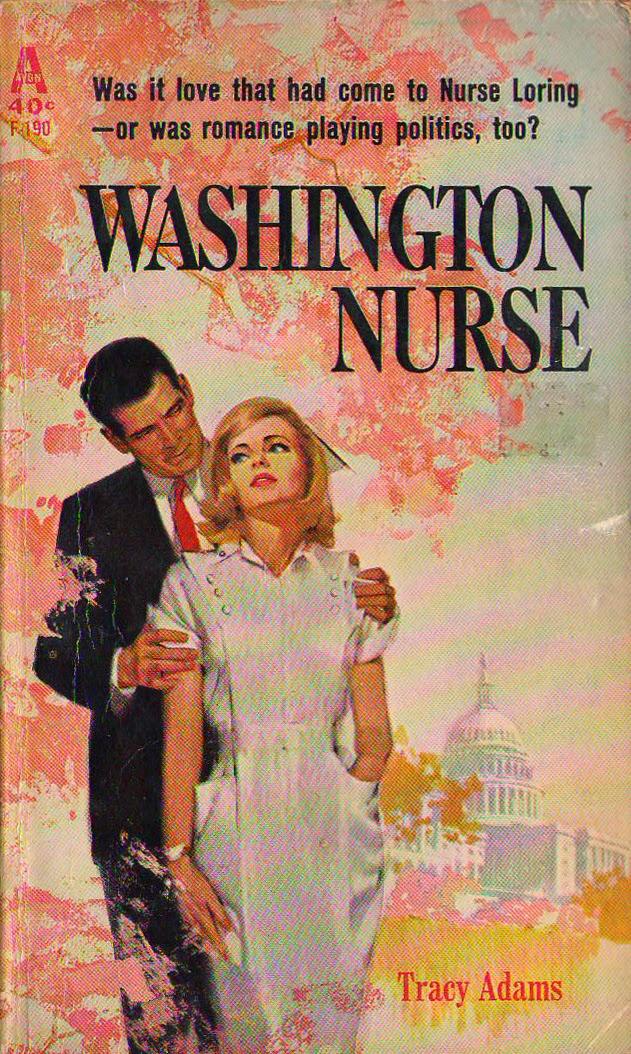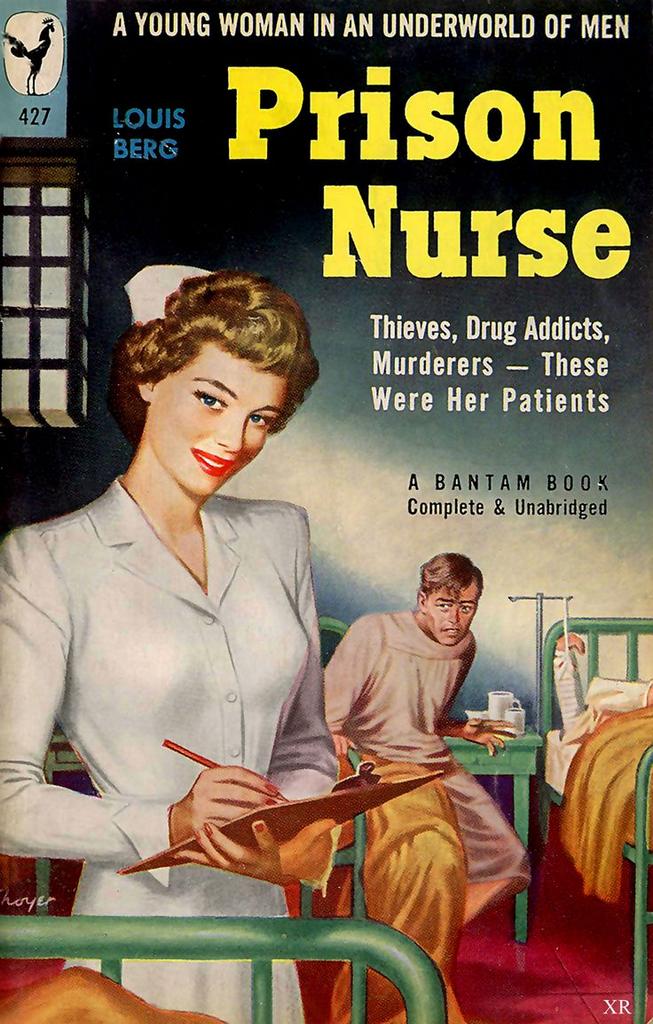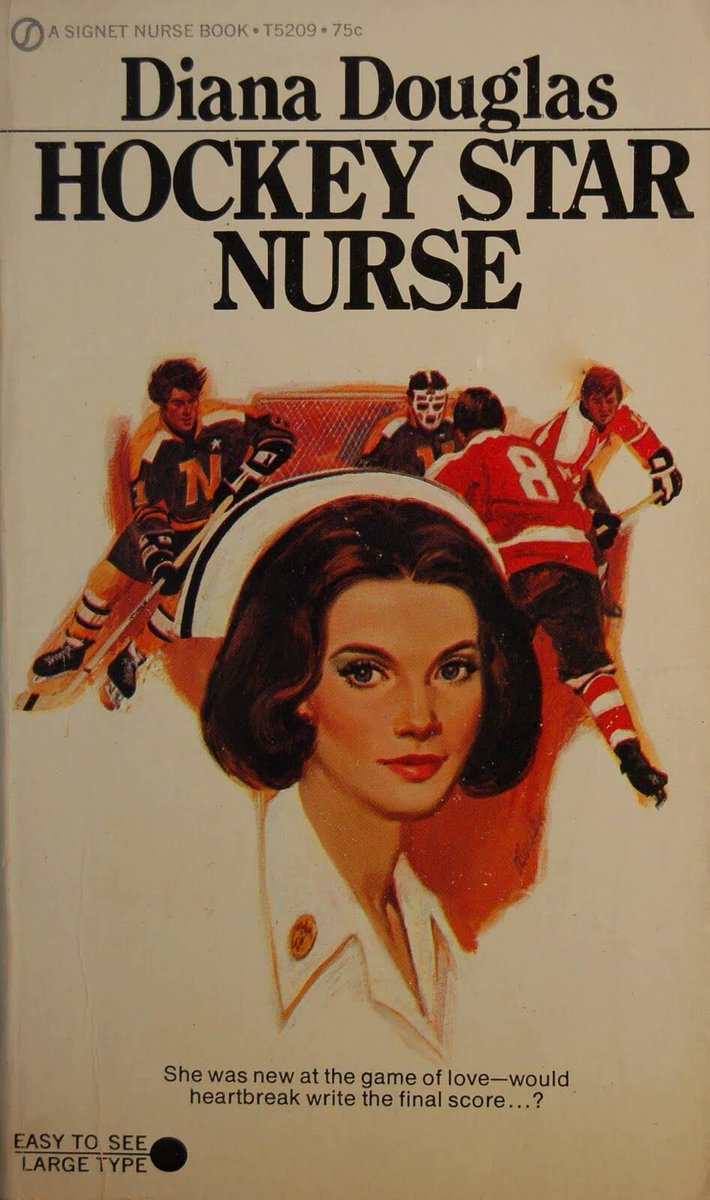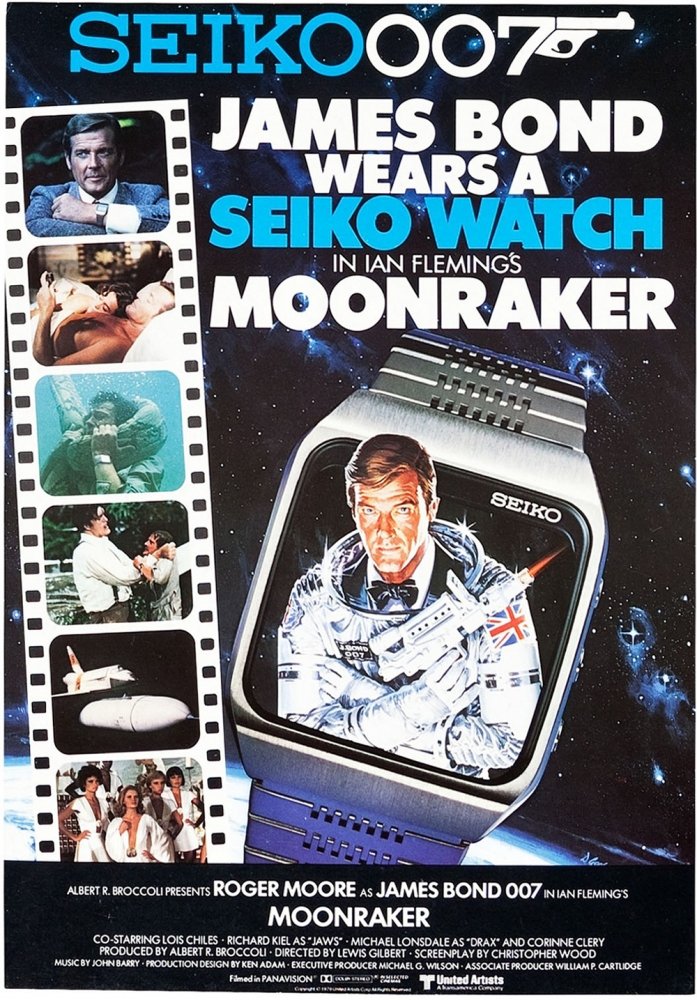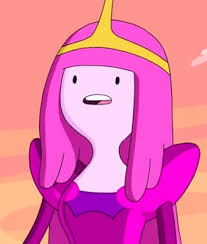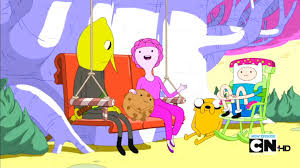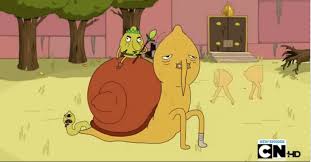Pierre Boulle is probably best known for his 1952 novel Bridge On The River Kwai, based on his wartime experiences in Indochina. So it was possibly a surprise when 11 years later he authored a science fiction novel.
However Boulle had been a Free French secret agent during the war. He was captured in 1943 by Vichy forces in Vietnam and sentenced to hard labour. This experience of capture would shape his novel La Planète Des Singes.
Published in 1963 La Planète Des Singes recieved good reviews. An English translation - entitled Monkey Planet - was issued the following year. It was a story that seemed to strike a chord with readers.
In the novel two rich travellers find a manuscript written by journalist Ulysse Mérou. It tells a fantastical tale: how he travelled with two wealthy explorers to Betelgeuse. They land on the planet Soror, a world of primitive humans ruled by advanced civilised apes.
Zira, a chimpanzee scientist, discovers Mérou can speak; he is given his freedom and eventually has a child with Nova, another captured human. Zira's partner Cornelius also learns how humans once used tame apes as servants, before they overthrew their lazy masters.
Mérou and his family eventually escape back to Earth in a rocket ship, but time-dilation means several centuries have passed there, and now the Earth too is ruled by apes.
The travellers chuckle at this tale: as civilised chimps they know no brute human could become so advanced.
Arthur Jacobs optioned the movie rights and got 20th Century Fox to stump up the cash. Twilight Zone creator Rod Serling wrote the initial movie script, though it was deemed too costly to produce. Blake Edwards came up with the famous ending, though in the end he didn't direct.
Test screenings were needed to convince Fox to make the film. Charlton Heston appeared as Thomas (later renamed Taylor) and Edward G Robinson as Dr Zaius. Due to the long sessions needed in make-up Robinson eventually declined his role and Maurice Evans took his place.
Kim Hunter and Roddy McDowall were cast as scientific chimps Zira and Cornelius, with Linda Harrison taking the role of Nova after Raquel Welch and Ursula Andress declined it. Shooting began in May 1967 and location work was done in the canyons of the Colorado river.
John Chambers did the Oscar-winning prosthetics for Planet Of The Apes, aided by almost 100 make-up artists. Chambers also made Mr Spock's ears and later fronted up the 'Argo' production company involved in the 1980 Tehran rescue operation.
Amazingly at lunch breaks the Planet Of The Apes actors segregated themselves by 'species' - humans, chimps, orangutans and gorillas - and sat only with their own group. It was an unintentional thing, but a strong signal that the movie was touching on some very important themes.
Jerry Goldsmith's score for Planet Of The Apes was ground-breaking, mixing a traditional orchestra with an electric harp and clarinet, Tibetan horn, conch shell and stainless steel mixing bowls. It made the movie sound - as well as look - like nothing audiences had seen before.
Planet Of The Apes was released on 8 February 1968 and 20th Century Fox used various PR tricks to promote it, including a spoof newspaper. Critical reaction was hugely positive. For a dystopian film it caught the mood of 1968: Vietnam, the Cold War and the counterculture.
Planet Of The Apes would have four sequels plus a TV spin-off series, as well as a reboot movie series beginning in 2001.
But for me it's legacy was something else...
The success of Planet Of The Apes opened the door for more challenging and gritty science fiction movies: the Omega Man and Soylent Green wouldn't have been made without its success.
It also wrote the rule book of the modern movie franchise: a catchy idea, a cinematic universe and a range of toys. Star Wars would capitalise on all of this in 1977.
In the end the star of the film is the idea: what is 'civilization' and why must it involve slavery and suffering for others? Pierre Boulle experienced both during his life, which is perhaps why his novel stands the test of time so well.
More stories another day...
